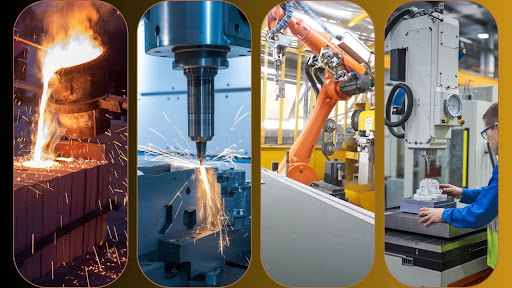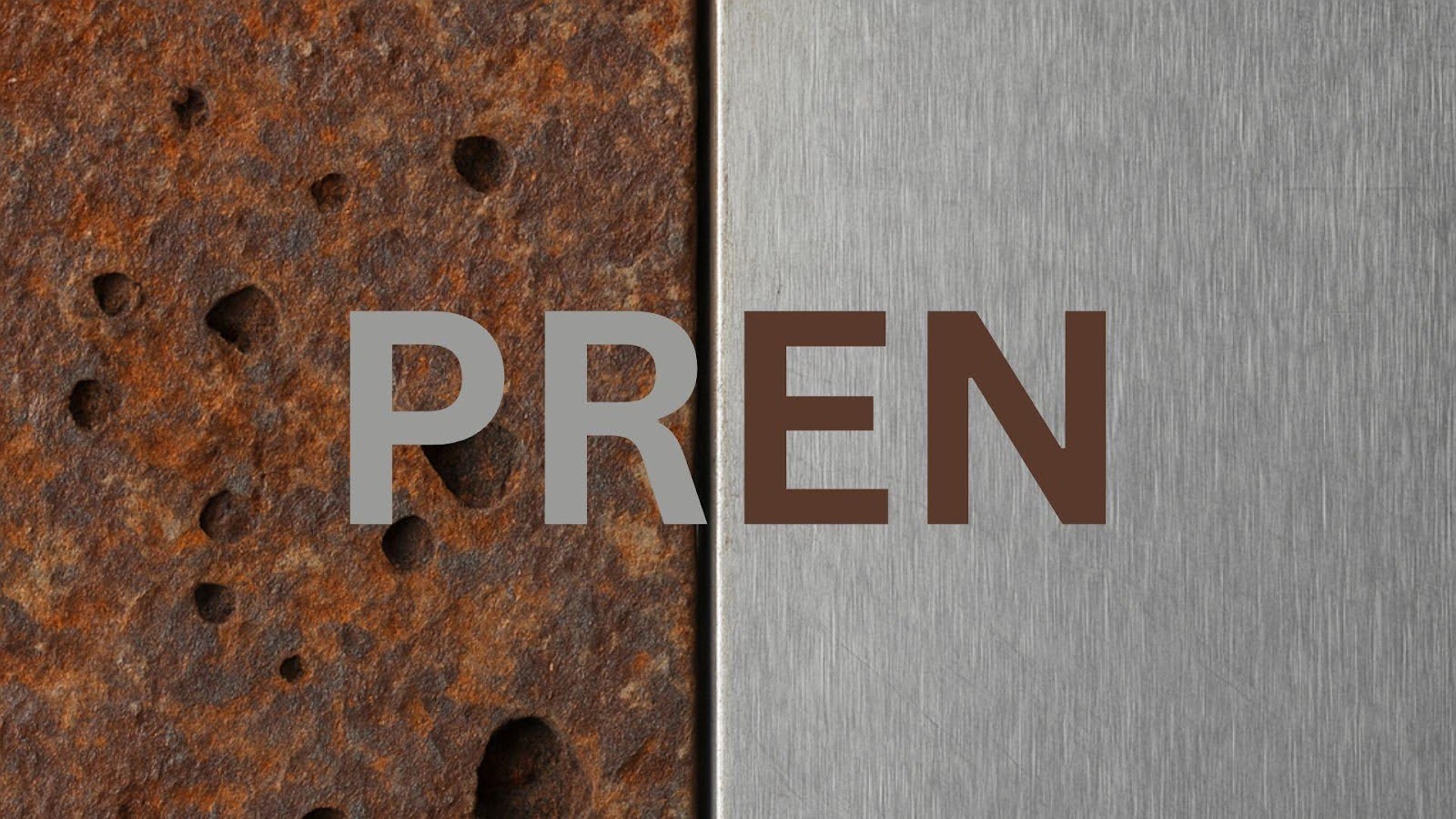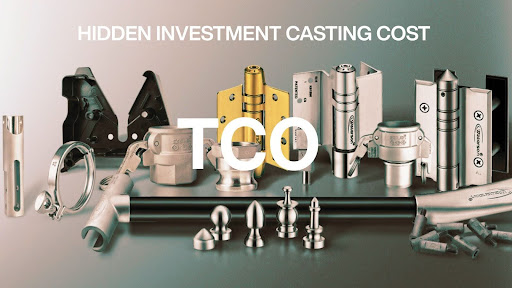Choosing a suitable and long-term partner for precision casting is a challenging task. Since precision castings are produced by creating custom molds, once a mold is developed at a specific foundry, transferring it to another foundry is not straightforward. This is because each foundry uses its own materials and shrinkage rates. Therefore, selecting a foundry for mold development essentially entrusts the entire production task to them.
However, clients often lack the opportunity to conduct thorough trials or tests before formally working with a supplier. As a result, choosing a precision casting foundry is often a make-or-break decision.
If the chosen supplier lacks expertise or effective communication, it could delay mold development, compromise product quality, and disrupt time-to-market schedules. Hence, selecting the right precision casting foundry from the outset is crucial, requiring consideration of multiple factors to avoid future complications.
Explore Waterson’s capabilities to see how we can be the right partner for your needs.

Table of Contents
ToggleKey Considerations for Choosing a Precision Casting Foundry
Based on our experience, we recommend that procurement professionals focus on the following six points to increase their chances of finding the most suitable foundry. These practical tips should help you identify the ideal precision casting supplier more efficiently.
-
Type of Metal Casting
Different precision casting foundries specialize in various metal materials. Choosing a foundry unfamiliar with your required material may result in inconsistent quality or even production failure. Common materials in precision casting include:
-
- Stainless Steel: Such as 304 and 316, ideal for high corrosion resistance.
- Carbon Steel: Frequently used in heavy machinery components.
- Alloy Steel: Suitable for high-strength and wear-resistant applications.
- Copper Alloys: Like bronze and brass, used in conductive or antimicrobial products.
- Aluminum Alloys: Widely applied in lightweight designs.
Check out our metal analysis guide for key material insights.
-
-
Technical Capability
Does the foundry have experience in casting your specific products? Each precision casting foundry focuses on different casting techniques and sources materials of varying grades, which significantly impact surface quality and dimensional accuracy. A simple way to verify is by requesting samples of their previous work to quickly assess the supplier’s casting standards.
-
Casting Quality Control
Frequent product returns can cause unmanageable costs. It’s vital to ensure the foundry has a comprehensive quality inspection process that meets ISO 9001 standards. During initial negotiations, request documentation like material certifications, ISO certificates, heat treatment reports, salt spray test results, and tensile test reports to preliminarily evaluate the supplier’s quality management practices.
-
Production Capacity
Can the foundry meet your order requirements and delivery timelines? Most precision casting foundries have existing clients. It’s essential to clarify their remaining capacity and whether it aligns with your needs early in the process to avoid mismatched partnerships.
Learn more about the benefits of working with Waterson here.
-
Communication Efficiency
Does the supplier respond promptly to your needs and offer professional advice? The speed of quotation and the responsiveness of their sales or R&D team to emails can indicate their level of proactiveness. If delays occur even during the quotation stage, it may signal that their service standards are subpar, warranting exploration of alternative options.
-
Casting Supplier Geographic Location
Proximity can affect overall costs and delivery times. Consider transportation and logistics when selecting a foundry. Opting for a nearby precision casting foundry can reduce shipping costs and delivery times. For international procurement, also account for import duties, anti-dumping penalties, CBMA taxes, and other trade considerations.

Taiwan’s Leading Stainless Steel Precision Casting Foundry
Waterson Precision Casting is a wax-based foundry located in Taiwan (near China) specializing in stainless steel precision casting. It delivers high-volume, consistently high-quality castings to industries such as door hardware, petrochemicals, medical equipment, marine, hand tools, and food equipment. With an impressive 95% above self-production rate, Waterson’s production line encompasses mold design, fluid analysis, wax model creation, shell making, dewaxing, metal pouring, post-processing (e.g., acid pickling, alkaline treatment), sandblasting, heat treatment, machining, assembly, and packaging. Its stainless steel production line supports materials such as 304 (CF8), 316 (CF8M), and 17-4 stainless steel. Currently, there is available production capacity—feel free to request a quote!





